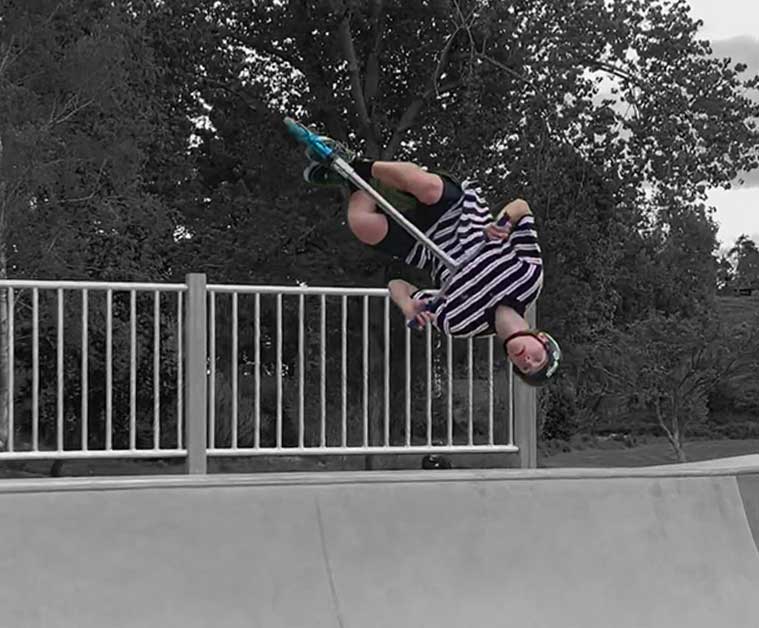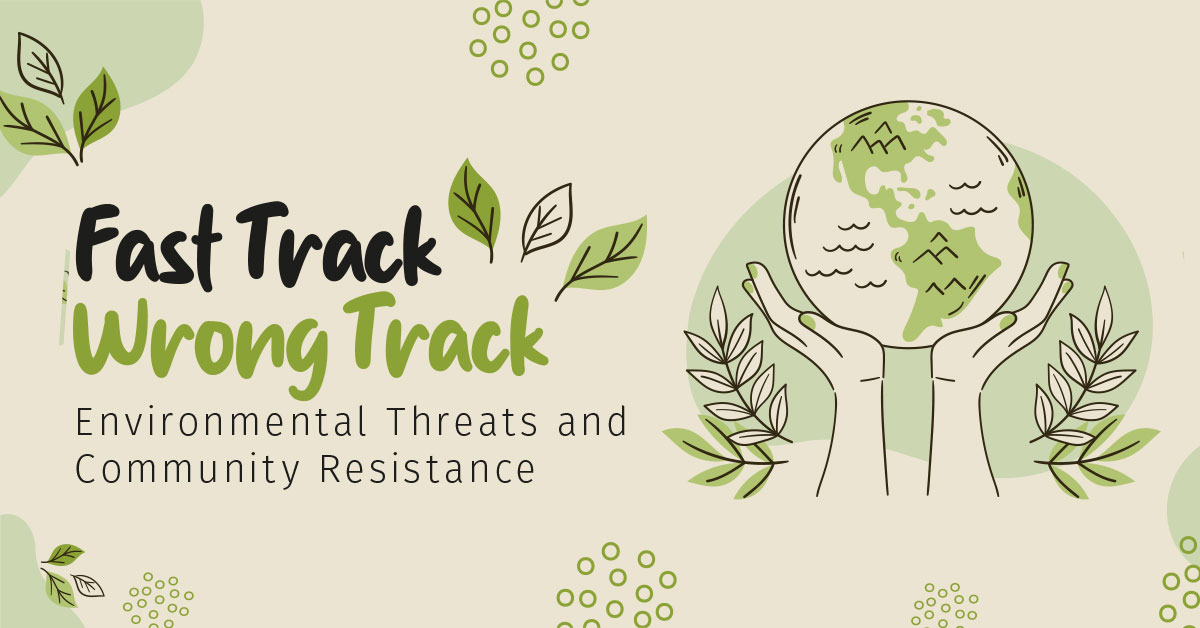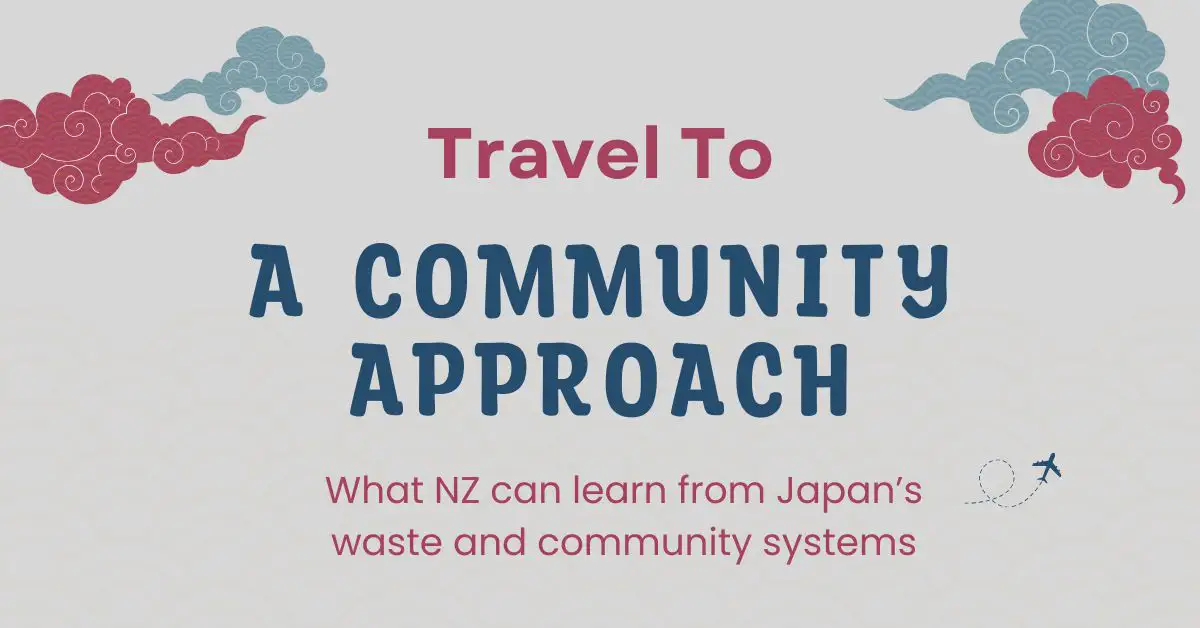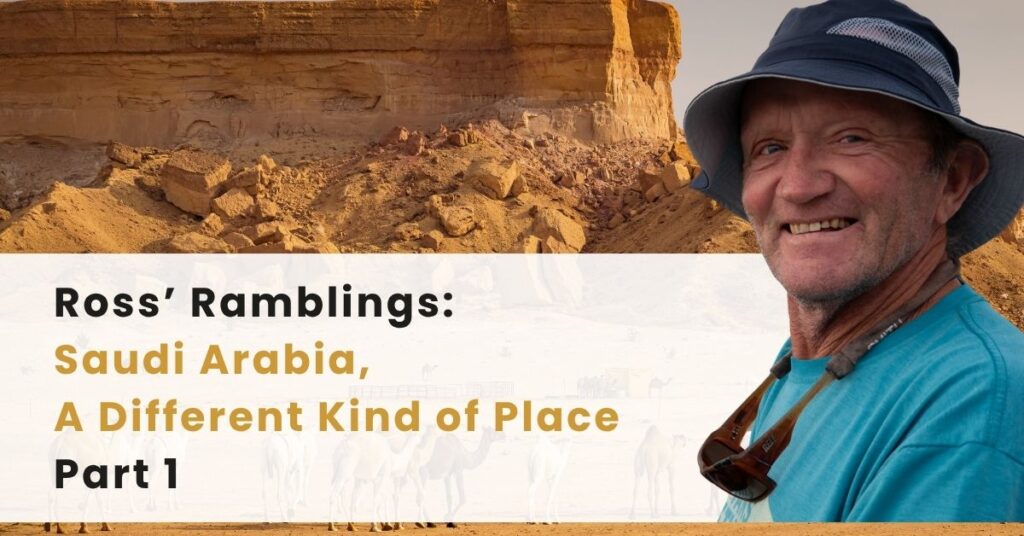
A Kiwi educator in the Kingdom
When I started working at Coromandel Outdoor Language Centre in 1990, I knew very little about Saudi Arabia, except that it had a lot of oil and a lot of sand. Then, around 2007 we started to have Saudi students enrolling at the centre, thanks to the generous Saudi government handouts to students who wanted to learn the English language. All our students were male and most of them were very friendly young men. Women were not allowed such freedom in those days.

They came to our school for three or four months with a view to mastering English in that short time, entering a NZ university and obtaining a degree before returning to their home country and finding a plush job. For the great majority of them this was a totally unrealistic dream as, although some had a basic level of spoken English, nearly all had very limited written English skills, for various social, cultural, religious and educational reasons. One handicap was that they had little knowledge concerning the use of vowels. A typical sentence might be written by a Saudi student as follows. ‘I cme frm Sdi Arbi, I wnt stdy englsh go unvrsty.’ (I come from Saudi Arabia. I want to study English and go to university.) It was going to take a lot longer than a few months to be able to write at university level. There was no ChatGPT in those days.
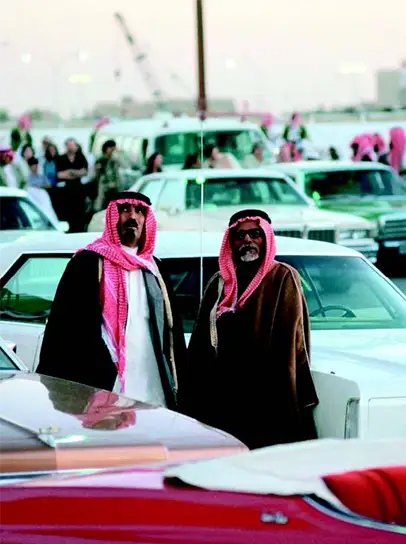
Anyway, for a few years the Saudis comprised a good percentage of our students.
Islam was their religion, and the great majority were members of the Sunni branch of it.
However around 15% were from the rival Shia sect and the two groups seemed to hate each other – as I witnessed in one of my classes when two Saudi students started shouting at one another and had to be separated and put in different classes.
Don’t ask me why there is such animosity. It’s probably similar to the Catholic and Protestant clashes of old. I guess this innate divisiveness is one of the reasons I have never had the inclination to join a religion.
Unfortunately, the Saudi education system was, shall we say, not very demanding at that time, and our students often had difficulty with the diligence required to achieve the required results here in New Zealand. However, with around 1800 Saudi English language students in the country, language schools were going all out to market themselves to agents in Saudi Arabia.
English language fairs were being held in Riyadh and Jeddah, the kingdom’s main cities, and I was lucky enough to be offered the job of marketing our language centre at one of these fairs. So, off I went on Emirates Airline to Dubai and then on to Riyadh on Saudi Air. The trip was really uncomfortable given the fact that I occupied a window seat, with an obese Saudi teenager and an equally obese older woman, probably his mother, who refused to acknowledge me, having the other two seats. Toilet time was an adventure.

On arrival, I was ushered onto a bus with the other 20 odd Kiwi marketing reps, only one of whom was female. It was the first time a woman representative had been permitted to attend a fair in Saudi Arabia. En route to our hotel we were all amazed at the huge size of houses.
I remember my students in Whitianga telling the class that they had 10 or 12 siblings, and possibly more if their father had more than one wife. The men are allowed up to four, with each often living in separate houses. I always wondered why a man would ever do that to himself.
Marriages are often arranged by parents with a couple meeting each other a couple of times, chaperoned of course, and then agreeing to the marriage or not.
On one of my free days in Riyadh, one of my students, Mohammed, who had returned to his homeland a few months previously, picked me up and took me to a camel market in the desert on the outskirts of the city. He drove with his phone speaker on and received a call from a woman with a beautiful husky voice speaking in Arabic. It was obvious the two were intimately connected and after she hung up I asked Mohammed about her and whether she was his fiancée. He told me with a sigh that they were in love but that he was already promised to one of his cousins so would have to give up on his true love.
The camel market was interesting, except when I was given a cup of fresh warm camel milk which I was assured was excellent for the health. I drank it politely trying to smile and not spit it out. I was told by a camel seller that I could buy a camel for anywhere between a few thousand and a few million dollars depending on its breed and intended use. I declined, stating that in New Zealand a sheep was a lot cheaper and more practical except perhaps when there is a drought. Of course, there was also the difficulty of getting a camel on the plane.
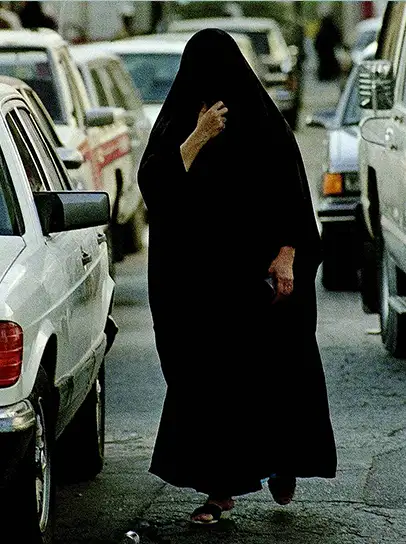
The next day, another student Ahmed took me on a tour of Riyadh. He had to stop the car periodically to attend one of the prayer times, of which there are five daily.
One of the stops was at a large square in the centre of the capital. While Ahmed was praying, I sat on one of the benches on the edge of the square.
Suddenly I saw a soldier with a gun striding towards me waving his gun at me and gesturing to me to stand up and move away.
I obviously looked perplexed and was wondering why I had to move when he pointed at a woman sitting on the same bench 50 metres away. “Oh,” I remember thinking. “I see now. I’m not supposed to sit on the same bench as a woman, no matter how far away she is.” When my student had finished prayers, I told him about it, and he said the religious police were pretty strict.
The same thing happened in a shopping mall. I was standing at the top of a staircase looking down at the lower floor where there were Saudi women all wearing black abayas, veils and expensive looking shoes, shopping in the myriad designer stores, Prada, Louis Vuitton, etc. With another gun pointed at my stomach, I was told by gesture to avert my eyes from the female shoppers. I was not sure whether I looked like an infidel rapist, but this situation seemed to be repeating itself.
Back at the square, Ahmed also told me that it was there that public beheadings took place each month. The area was also known as Chop-chop Square, where about 150 people lose their heads annually. He had been to one execution and didn’t recommend it for an innocent Kiwi boy like me. But I was assured that death by sword was a very humane method compared to the hangings, electrocutions, firing squad or lethal injections employed in other countries – America, China, amongst others. I hope I never have to find out the validity of that assurance.
To be continued …
Words by Ross Liggins
Photos by Tim Graham & David Longstreath
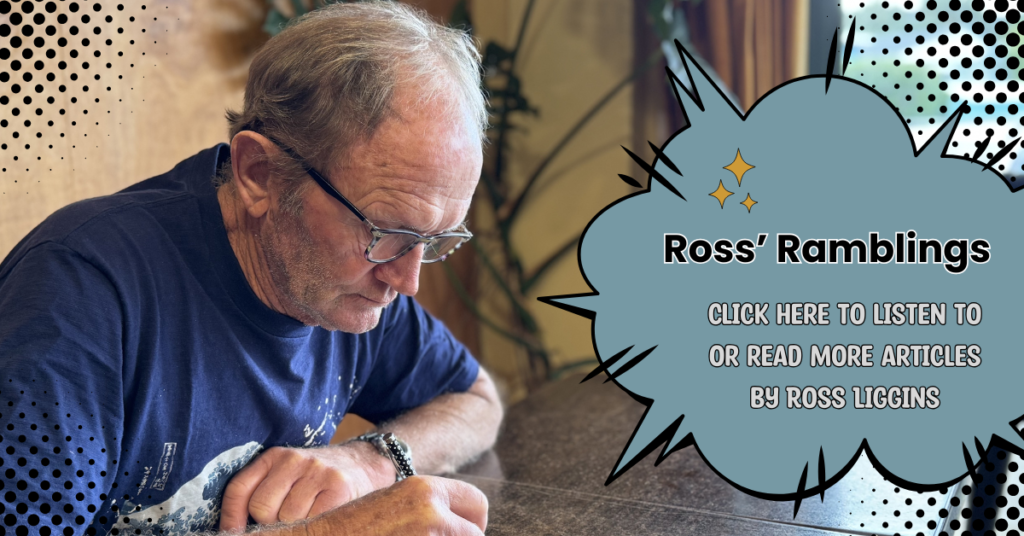
Coromind: Coromandel’s Collaborative Magazine

Help us take Coromind Magazine to new heights by becoming a member. Click here
Change the Weather for Your Business: Advertise with Us.
Advertise your business in the whole Hauraki Coromandel in the coolest Coromandel Art Magazine, from Waihi Beach/Paeroa /Thames up to the Great Barrier Island.
Advertise Smarter, Not Harder: Get in Touch



